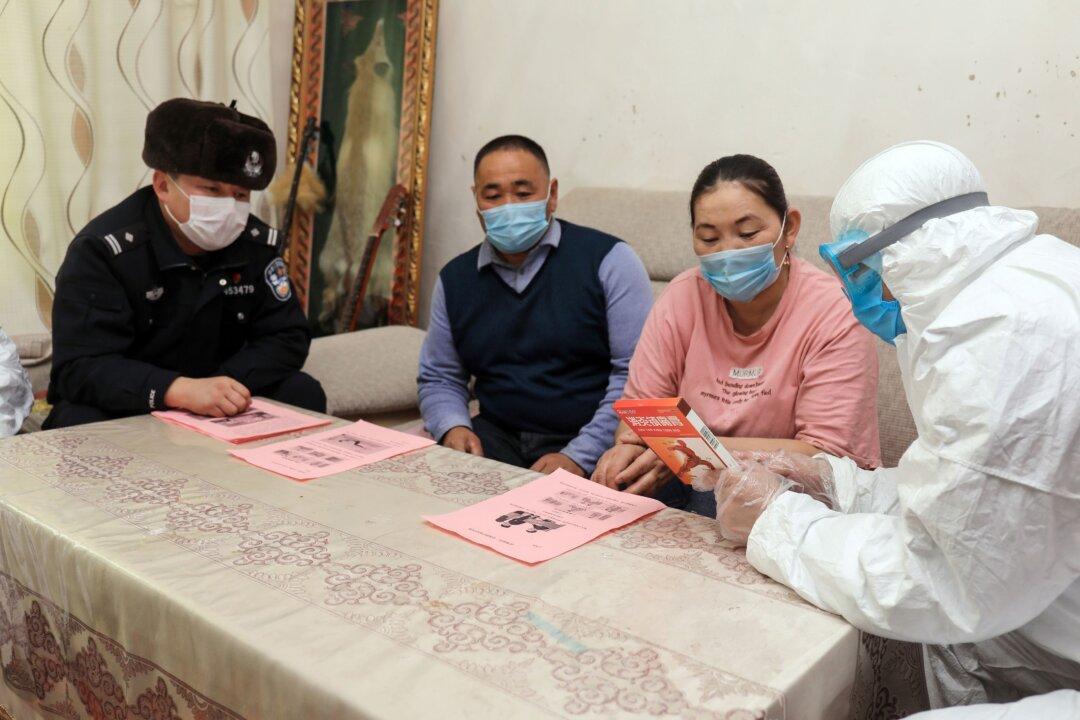Reproduced from Bitter Winter: A magazine on religious liberty and human rights in china
The new jingwutong (literally, police affairs and communications) smartphone for law enforcement was specifically developed by the First Research Institute of the Ministry of Public Security based on Huawei Mate10/10Pro hardware. It is equipped with a dual system: One is a conventional system used by police officers in everyday life; the other one is made to access the internal public security database. Not only can the two systems run securely and independently, but can be switched from one to the other with a single click. Thanks to the effective facial recognition and other biometric features installed on the phone, officers can photograph people or take their fingerprints and access their information from the database.A document detailing the issuance and use of Huawei smartphones in a city in Hebei Province indicates that for security and confidentiality purposes, the phones are equipped with matching security authentication cards (securely encrypted TransFlash cards or mobile police digital certificates). All police officers who receive the phones must sign a confidentiality agreement, which prohibits them from lending them others, disassembling them or sending them for repairs, as well as disclosing any information about them to outsiders. Any of the above offenses are punishable as the leaking of secret information.





